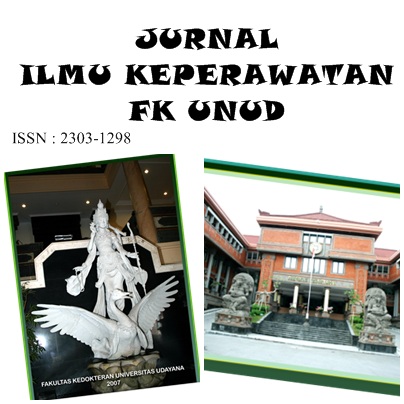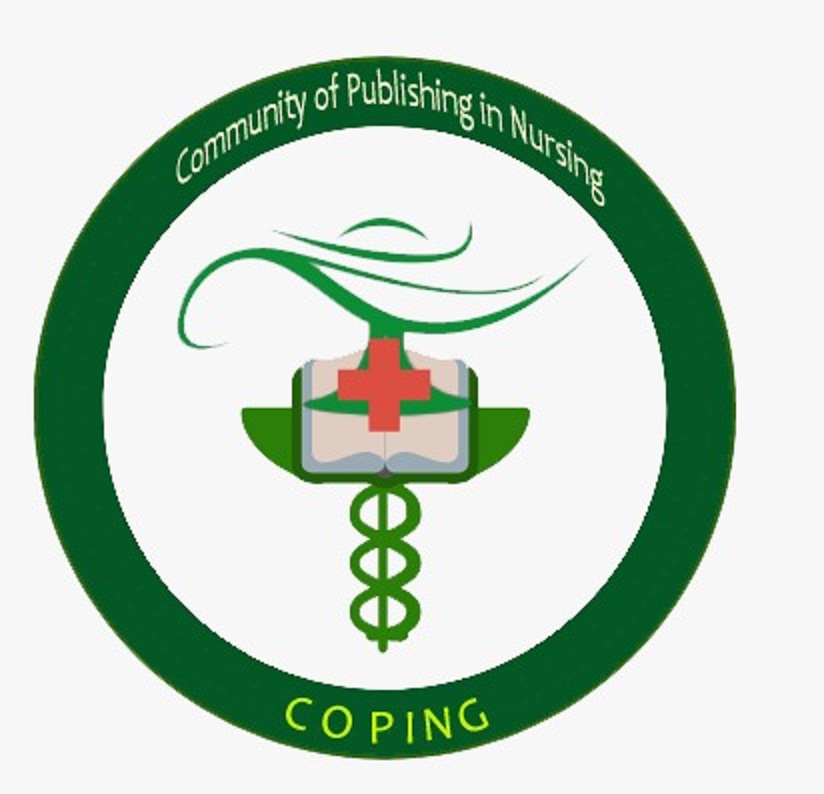HUBUNGAN DUKUNGAN KELUARGA DENGAN KUALITAS HIDUP PASIEN HIV/AIDS DI POLIKLINIK VCT RSUP SANGLAH DENPASAR
Abstract
HIV/AIDS was an infectious disease with no cure. The disease also had a "windowperiod" and the asymptomatic phase (without symptoms) was relatively long in the disease
process. People infected with HIV/AIDS experienced physical problems, psychological,
increased dependency, social relationships, environment and spirituality. The complexity of
these issues resulted in a decreased quality of life of patients wit h HIV/AIDS. This study
aimed to analyze the relationship between family support and quality of life of patients with
HIV/AIDS in VCT Department of RSUP Sanglah Denpasar . This research was observational
analysis with cross sectional approach used consecutive sampling technique, and sample
obtained by 120 respondents. This research was conducted on May 4
th
– June 4
th
2013. This
research used guidance of Family Support and WHOQOL-HIV BREF (World Health
Organization Quality of Life-HIV BREF) questionnaires. The study found that most
respondents (74,2%) had a high family support and data about the quality of life for the
majority of respondents obtained results (70,8%) had a good quality of life. Results of ChiSquare statistical test at a significance level of ? = 0,05 obtained results p = 0, 000 (p < ?) and
OR = 18,448, means that there was a relationship between family support and quality of life
of patients with HIV/AIDS in VCT Department of RSUP Sanglah Denpasar . Respondents
who received family support 18 times higher chance to had a poor quality of life compared to
respondents with high family support.
Downloads
Download data is not yet available.
Published
2014-10-20
How to Cite
ANTARI, Kusuma.
HUBUNGAN DUKUNGAN KELUARGA DENGAN KUALITAS HIDUP PASIEN HIV/AIDS DI POLIKLINIK VCT RSUP SANGLAH DENPASAR.
Coping: Community of Publishing in Nursing, [S.l.], v. 2, n. 1, oct. 2014.
ISSN 2715-1980.
Available at: <https://ojs.unud.ac.id/index.php/coping/article/view/10393>. Date accessed: 07 feb. 2026.
Section
Articles
Keywords
Family Support; Quality of Life; Patients with HIV/AIDS







